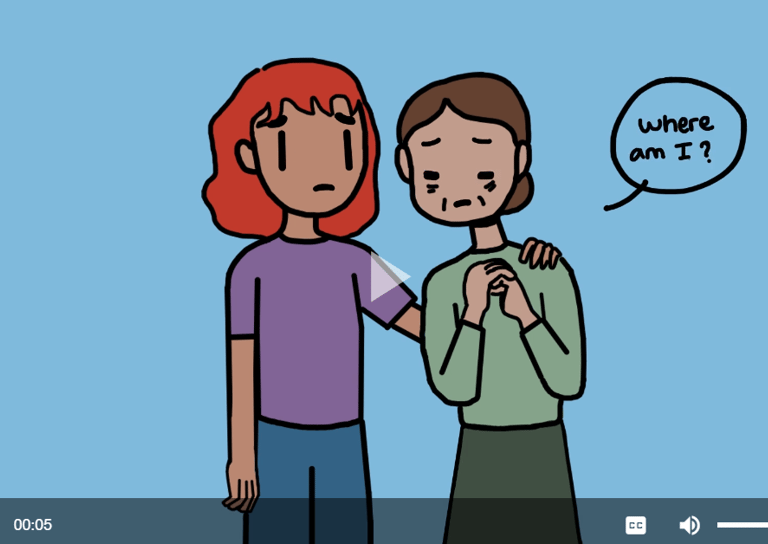Behaviour that is different from the persons normal self
What are the signs and symptoms of delirium?
Behaviour that is different from the persons normal self
Appearing confused and forgetful
Difficulty paying attention
Agitation, being quiet or withdrawn
Being unsure of the time of day or where they are
Changes to sleeping habits
Seeing things that are not there, but that seem very real to them
Changes in normal toileting habits
Changes in appetite and swallowing
Being unsteady and likely to fall
Symptoms may be worse at night
Delirium Signs and Symptoms


The Next Step
Concerned that somebody you know may be presenting signs and symptoms of delirium? Clearer Days Delirium Support provides a free delirium checklist tool for patients and carers alike.
If you would like to learn more about this tool, please click the 'Delirium Checklist Information' button. If you would like to take a free delirium checklist test, please click the 'Delirium Checklist Tool' button.
Clearer Days Delirium Support
Acknowledgement of Country
Clearer Days Delirium Support acknowledges the Traditional Custodians of the lands around Australia and pay our respects to Elders past and present.
© 2025. All rights reserved.












